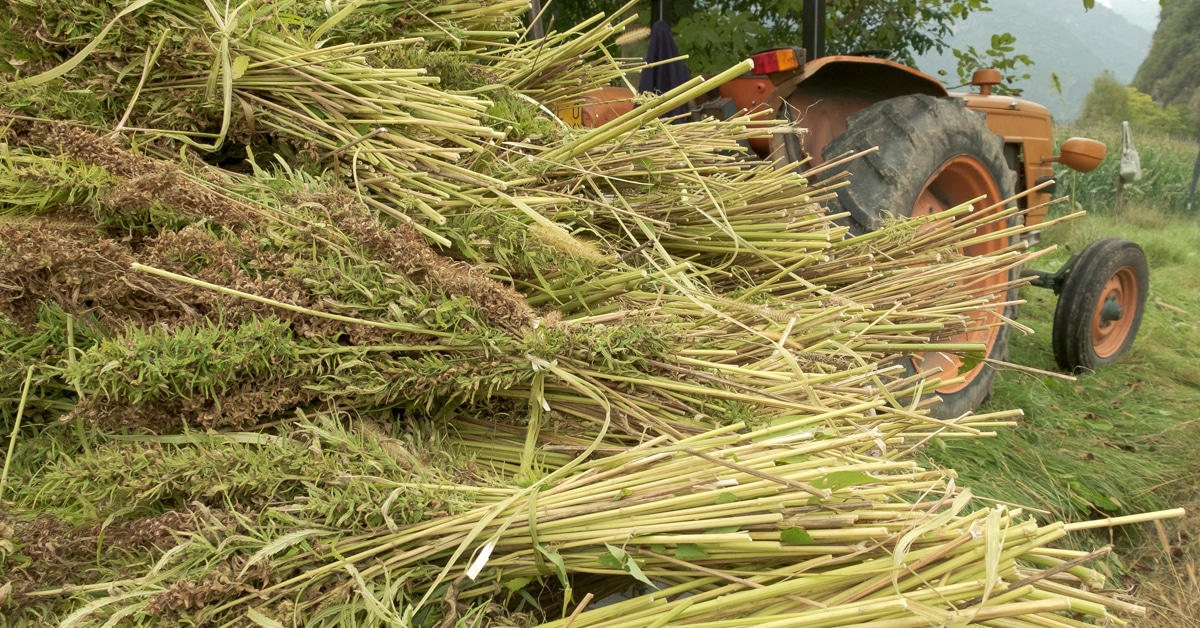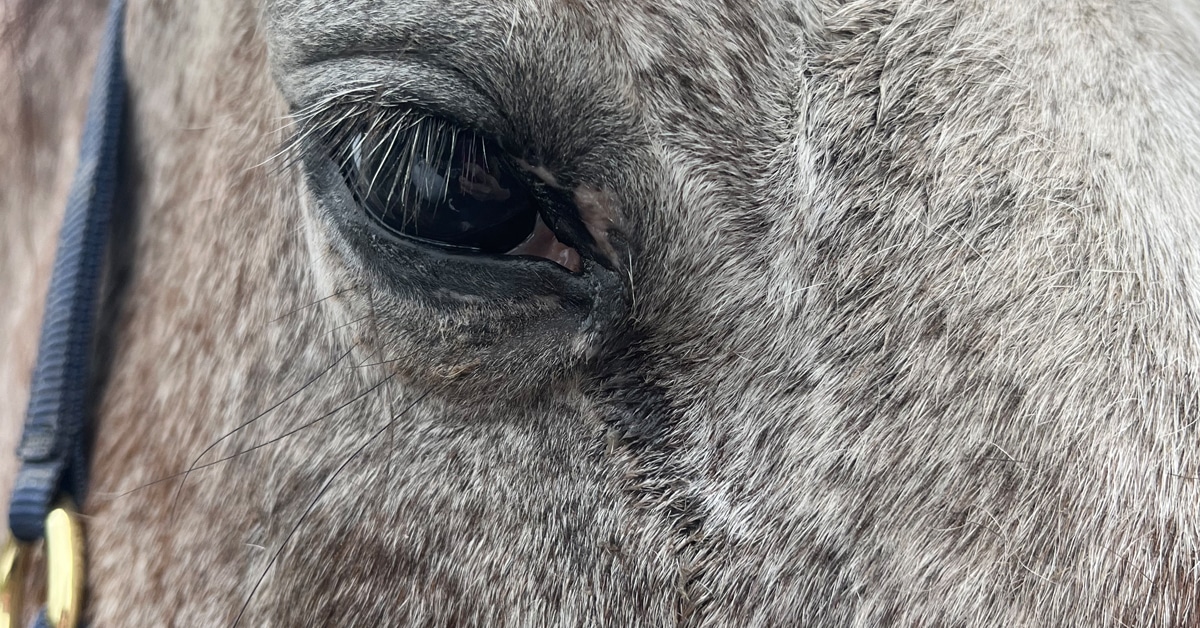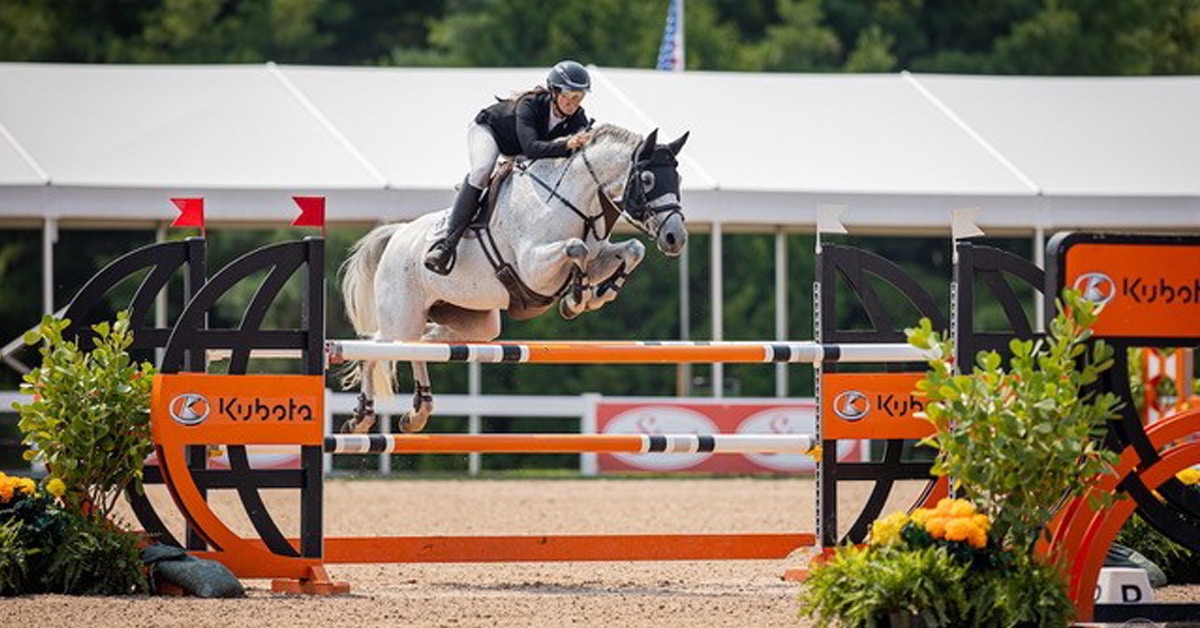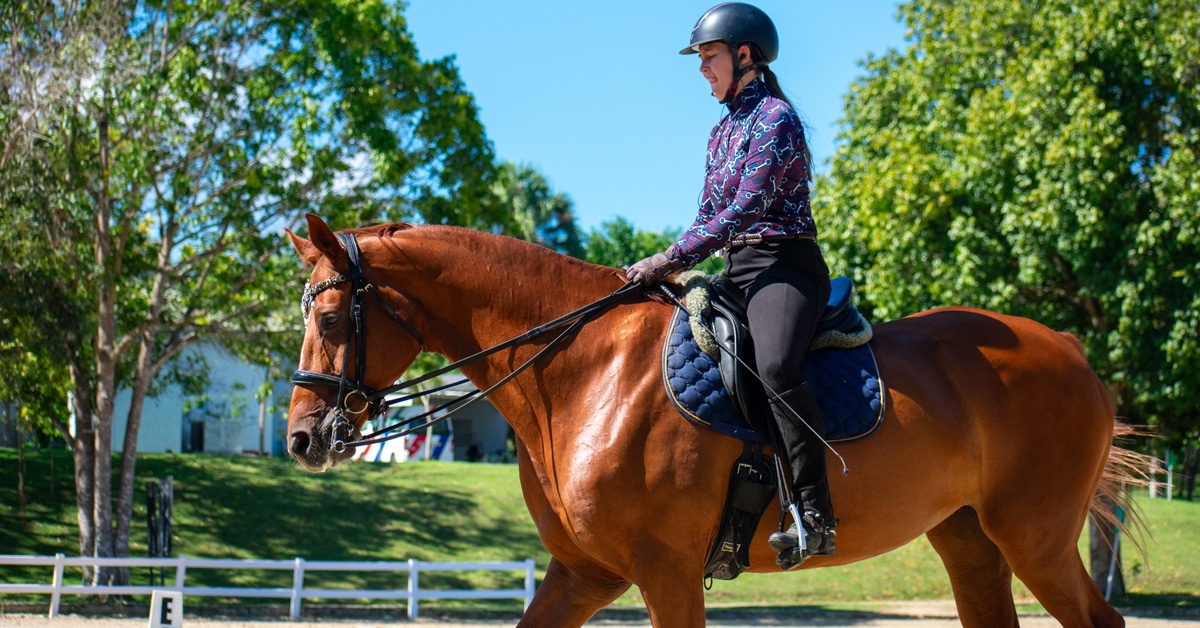There is an increasing trend occurring in the horse world – a challenging and slightly sensitive one. It is becoming harder and harder to find staff, or grooms, for barns and shows, which is concerning, considering these individuals are the backbone of our industry. As a barn manager myself, I experience significant dread any time one of my staff members hands in his or her notice. Trying to find eager equine caretakers has become an agonizing process.
Where did all the grooms go?
Even the upper echelons of the industry are feeling the strain where there is a reduction in qualified grooms available to work for the show barns. Often viewed as one of the more “glamorous” or sought-after jobs in the industry, it raises questions as to why this is happening.
Sharon McMaster, Academic Program Coordinator at for the equine programs through University of Guelph Ridgetown Campus and manager of the Performance Horse Handler program, has a unique perspective on the industry, working closely with the next generation as well as being in regular contact with employers. “I have certainly heard mention of groom shortages,” says Sharon. “It is definitely a growing problem and is not limited to Canada, either.” Amanda*, a full-time international groom based out of Ontario with over a decade of grooming experience, has a slightly different take on the issue. “I haven’t noticed a lack of enthusiasm for people wanting to groom as much as a lack of enthusiasm for putting in 100 per cent a minimum of six days a week, however many hours a day are necessary. Then they realize that even the most experienced grooms are still out there mucking stalls, cleaning the barn, scrubbing walls, and picking paddocks.”
When looking at enrollment figures, Sharon notes that she has had consistent numbers and interest in the Performance Horse Handler program over the last five years – so it would certainly seem that the interest is there for newcomers, but they aren’t making it over the long term.
Obviously, this is a multifaceted issue with points to look at on both the grooms’ and employers’ ends. Liv Gude, who groomed for Olympian Guenter Seidel, now runs Pro Equine Grooms (proequinegrooms.com) an online community offering tips and employment resources. “I wish I had actual statistics to back me up on this,” she says, “but what I do have is lots of anecdotal evidence that proves all sides. I hear from a lot of grooms that are fed up with lack of respect, poor working conditions, illegal pay, no worker’s compensation insurance, and excessive hours. I hear from grooms that are the backbone of the team, paid legally and well, work a reasonable week, and have employers that are wonderful and supportive. I hear from trainers that can’t even get people to show up for an interview because the applicants balk when the job includes mucking stalls. My gut reaction is that it’s likely true; fewer and fewer people want to become grooms.”
The next generation
There is a recurring argument lately that the next generation of equestrians lacks a certain work ethic or interest in getting their hands dirty, which is contributing to the shortage of knowledgeable, available staff. While we have to be careful not to paint everyone with the same brush, there does seem to be a decline in riders that are actively involved in the everyday aspects of horse care.
It is becoming more common for riders to grow up in the big show barns these days, which are often full-service. While these programs have their good points, it allows some riders to skip important care tasks. This has not gone unnoticed by grooms like Amanda. “Something that bothers me is the lack of the ‘barn rat’ type of kids and adults we find today,” she says. “There seems to be a lot of ignorance and a lack of willingness to learn the hows and whys. I’m not sure how much of this is brought on by the ‘full-service’ provided by show barns – which I won’t knock, because it really does keep the horses in a well-controlled program – and how much of it is just a true lack of enthusiasm to have to do any of the work that comes with caring for a show horse.” If we aren’t teaching young riders how to take care of their horses, we’re creating a problematic ratio of capable caretakers to horses. This leaves us needing to bring in and train inexperienced workers, which frustrates many employers.
Grooming for a living
In her discussions, Sharon has found that the pay is one of the main factors in fewer grooms reaching the career level and staying there. “Rate of pay is typically low for the amount of work and hours expected,” she says. Liv adds, “There are certainly many professions with demanding hours, but none with the little pay and the often zero [employee] benefits of being a groom. I’ve never heard of any other profession working as hard as a groom, taking care of priceless horses for a few hundred dollars under the table and an apartment over the barn.”
Looking at how grooms are paid across Canada, there really is no industry standard. Part of this is due to the fact that grooms fall into a bit of a gray area when it comes to worker classification. For example, if you work on a horse boarding/breeding farm in Ontario, you are entitled to minimum wage1. However some may say that grooms don’t fall into that category, or they pay by salary, or trade work for accommodations/board/lessons. “The pay really depends on who you work for and what you are able to negotiate for yourself,” says Amanda. “In the more than ten years I’ve been doing this job, the starting wage for grooms has not changed, so far as I know – $500/week. Most of us don’t make enough money to be able to put much away. It’s one thing to make $500/week when you’re in your teens or early twenties, but quite another to make that as you get on in life.”
For such a physical job with a substantial risk of injury, it is unfortunate that many grooms also do not receive benefits. “Of all the barns I’ve worked at – and there are plenty – I’ve had benefits at only one, and I don’t know a single groom who currently gets benefits,” says Amanda. “We give our clients’ horses the best of care in so many ways, but you won’t often see us going to the chiropractor, massage therapist, dentist, etc., because we simply cannot afford it.”
When asked if the minimum wage increase coming to Ontario ($14 per hour as of Jan. 1, 2018) will affect how grooms are paid, the answer from the grooms that I spoke to was a resounding “no” – things will carry on as they have been.
To be fair, the people who employ these grooms typically aren’t getting rich doing what they do. Everything about this sport is so expensive, and everyone tries to keep costs to a minimum to be competitive and allow more people to enjoy horses. Grooms aren’t the only ones being underpaid. The industry as a whole may need to look at its pricing structure to allow everyone to be paid a decent wage.
Revitalizing the groom pool
So how do we help encourage a new generation of quality grooms? Obviously, there needs to be access to experience and education, as well as elevated industry standards and practices. We also need to be willing to invest in the time to train grooms and workers that are less experienced. Sharon finds that some good prospective grooms are being passed over or discouraged because they don’t have a lot of hands-on experience (even if they are willing to work to get it). While hiring someone with a lifetime of horse experience is always ideal, it is becoming a rare find these days. For prospective grooms out there, Amanda suggests taking a summer to groom (even as a working student) before taking a course, so that you know what is involved. This also puts some experience on your resumé for employers.
Learning to be realistic about your worth as a groom is also very important to improving the standards for all grooms. “Know that grooms have the power and responsibility to elevate their standing in a barn, on a team, for grooms everywhere,” exclaims Liv. “Don’t stay in a dangerous or bad grooming job because you think you have to. You don’t!”
There is no one reason why we are facing a shortage of good grooms. In reality, everyone is trying to make a go of it in the horse world. Change doesn’t come easily, and there is no straightforward solution, but it appears the industry is starting to feel the strain of these issues so perhaps it is time to start a conversation.
Kelly Howling is a writer, equestrian, and former magazine editor based in Ontario. She manages a large boarding facility and starts young horses for the hunter/jumper divisions.
1. See labour.gov.on.ca/english/es/tools/srt/coverage_agriculture_horse_boarding.php
* Name has been changed.
The Latest









